King of Swaziland has suddenly changed the name of his country to eSwatini
THE king of an African country has abruptly changed his nation’s name — because he said it sounded too much like Switzerland.
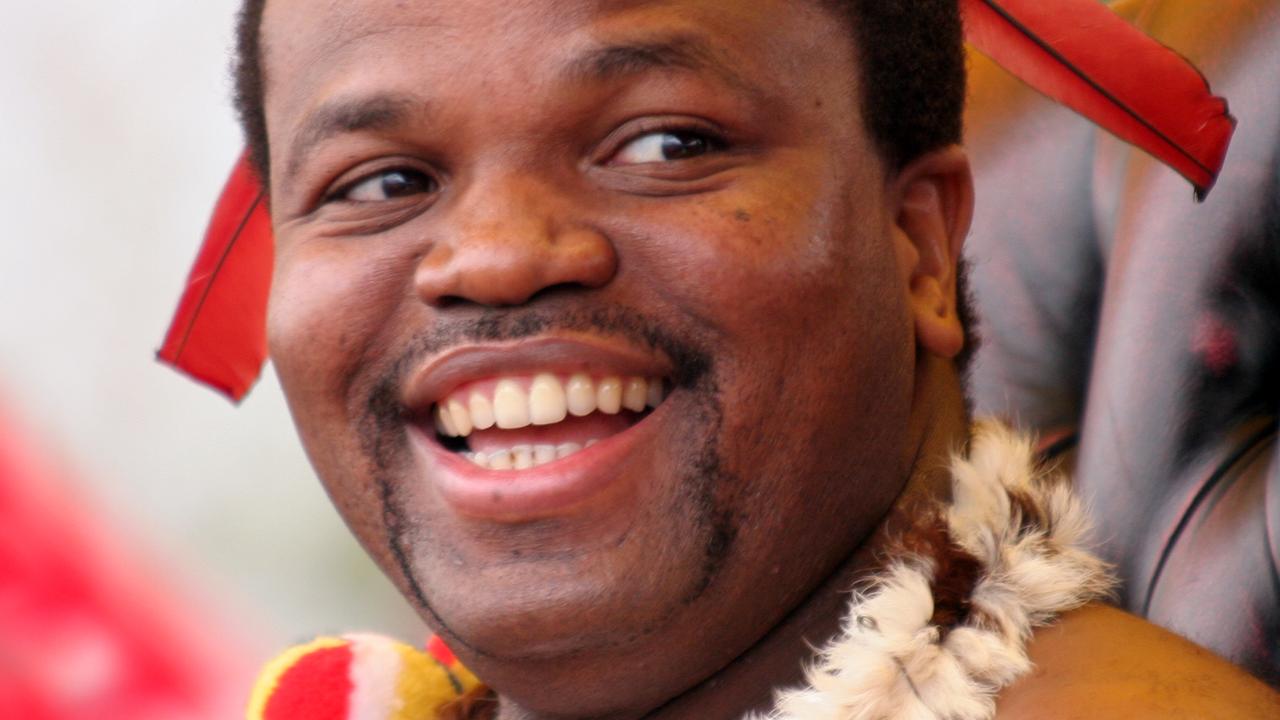
THE leader of a small African nation has officially changed the name of his country because he said it keeps getting confused with Switzerland.
King Mswati III made the surprise announcement on Wednesday that the country previously known as Swaziland would, from now on, be known as the “Kingdom of eSwatini”.
The ruler is able to make the decree as he is one of the world’s last absolute monarchs who has complete control over his country’s affairs.
His fiefdom is not the only country that has had issues with its name. In 2016 the Czech Republic also introduced a new name — Czechia.
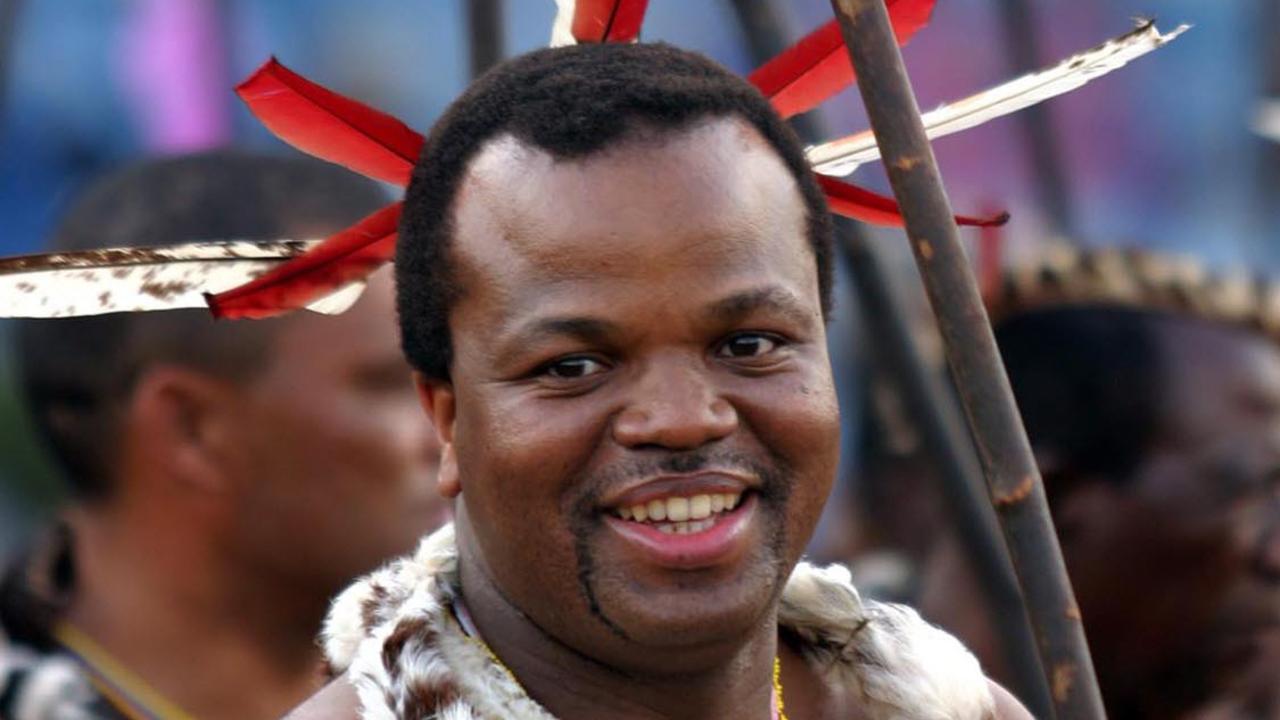
Swaziland is only slightly larger in size than the Greater Sydney area, and has a population of around 1.3 million — about the same as Adelaide. Entirely landlocked, it borders the eastern fringe of South Africa and southern Mozambique.
King Mswati made the declaration at a stadium in the capital Mbabane at an event to commemorate the 50th anniversary of the country’s independence from Britain, reported the BBC.
The new name “eSwatini” means the same as the old name — “place of the Swazis” — but is in the local language.
“I would like to announce that Swaziland will now revert to its original name,” he said.
“African countries on getting independence reverted to their ancient names before they were colonised. So from now on the country will officially be known as the Kingdom of eSwatini.”
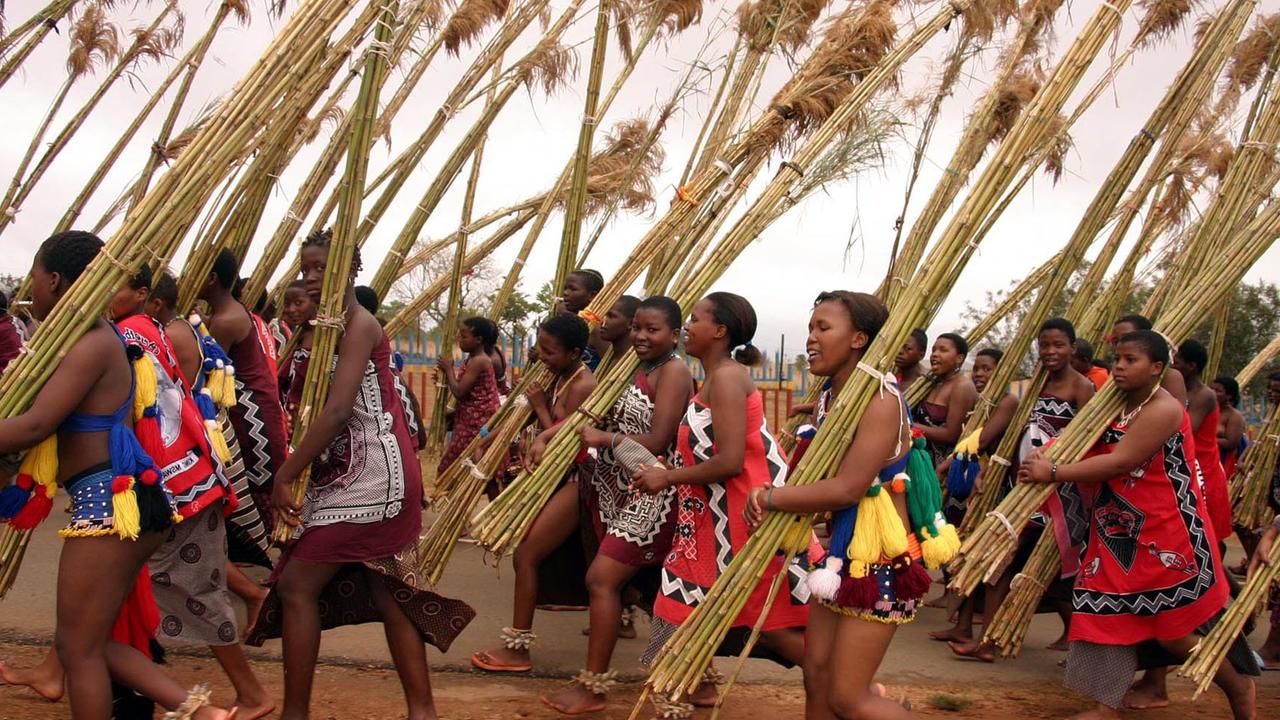

There was also some confusion with the name. “Whenever we go abroad, people refer to us as Switzerland,” King Mswati, who reportedly has 15 wives, said.
The move has been criticised by some who say the king should be concentrating on more pressing issues such as the country having the highest rate of HIV infection in the world and its low life expectancy. Swazis can expect to live seven years less than South Africans just across the border.
There’s also the cost of changing the country’s name on official institutions such as the army and central bank. Swaziland Airlink, the national airline, will also have to change its name — although as its fleet consists of just one plane it might not be a huge cost.
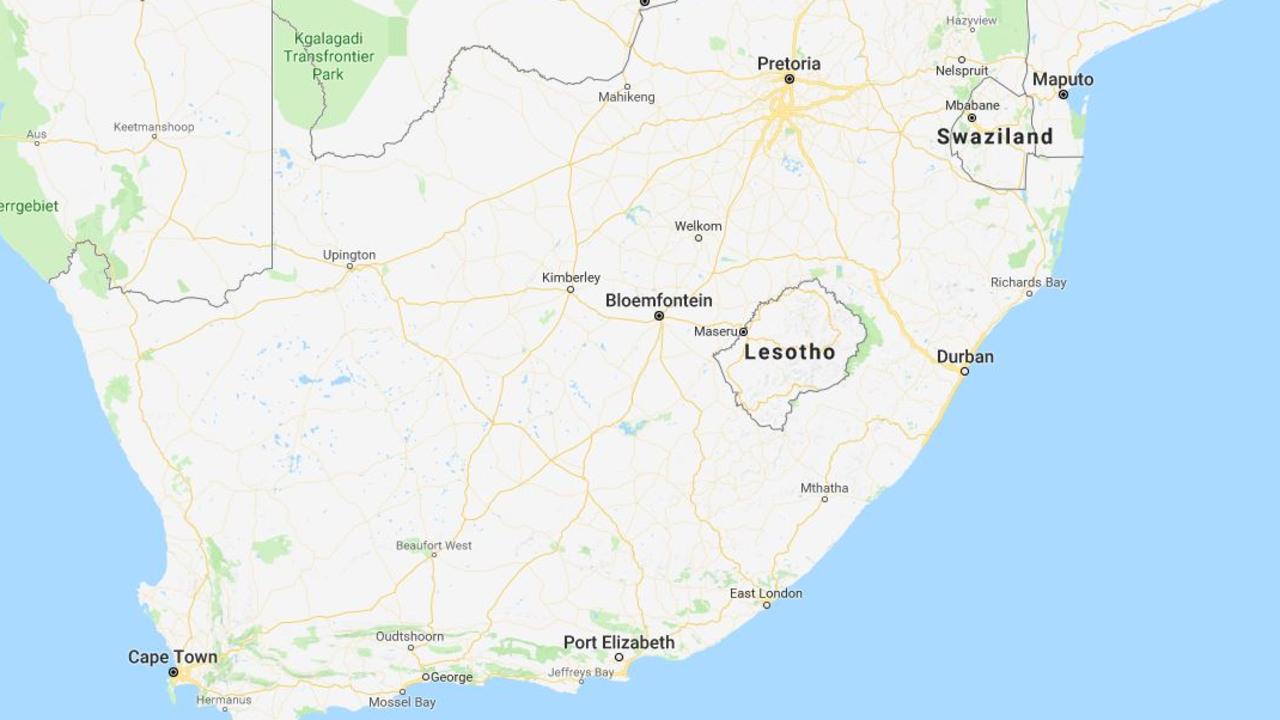
A number of countries in Africa changed their names upon independence. Rhodesia became Zimbabwe, Nyasaland switched to Malawi while Bechuanaland became Botswana.
Name changes aren’t confined to Africa either. In 2016, the Czech Republic government decreed that “Czechia” would become the new English language shortened version of the country’s name.
Unlike the French Republic, which is shortened to France, there had been no shortened version in English of Czech Republic.
While Czech Republic is still commonly in use, Czechia is gaining traction and is now used by large Czech brands such as Skoda cars and Pilsner Urquell beer. The name Czechia also appears on Google Maps.
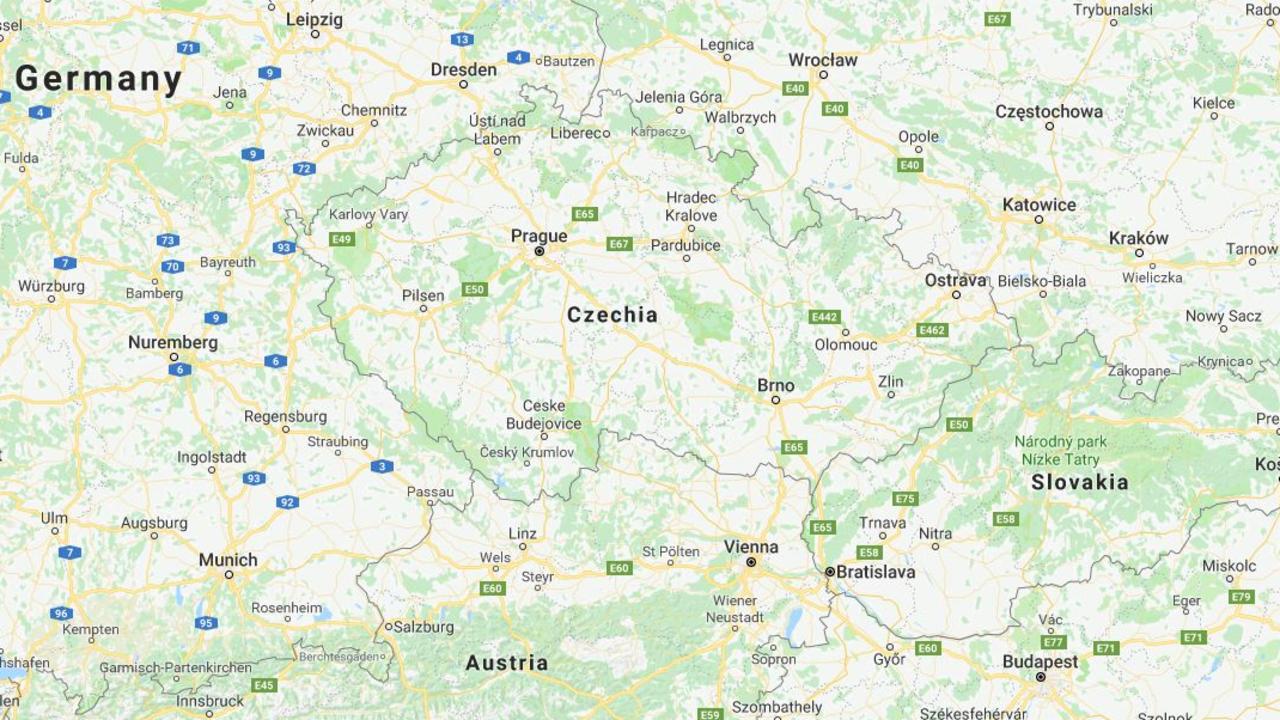
Another European country is still grappling with its name. Officially called the Former Yugoslav Republic of Macedonia, the southern European state had been pushing to call itself simply “Macedonia” since its independence in 1991.
But the term Macedonia refers to a far larger region, much of which lies in modern day Greece. And Athens is unhappy about the country to its north claiming the name for its own.
The name furore has badly affected relations between the two countries for decades.
This year, some headway appears to have been made with a number of compromise names put forward including Upper Macedonia, New Macedonia or Macedonia-Skopje.
With Swaziland taking the lead, perhaps Austria will change its name to avoid confusion with Australia. But given the name “Austria” has existed in one form or another for 1000 years maybe we should change our name?




